SHEFFIELD, ENGLAND—University of Sheffield historian Michael Braddick writes in The Guardian that the discovery of Richard III in the parking lot at the former site of Greyfriars was a testament to "the power of archaeological techniques." The demonstration, he says, stands in stark contrast to university archaeology departments in the U.K., which are suffering from lack of undergraduate interest and, thus, funds. He laments that, given recent shifts in the U.K.'s education policy, the study of archaeology and certain languages, such as Russian, German, and Portuguese, will likely be scaled back in the future. "A likely outcome of this is that there will be reduction in national capacity in archaeology, and particularly in expensive archaeological science," Braddick opines. "We will all be the poorer for that."
Is the Study of Archaeology at Risk?
News February 20, 2013
Recommended Articles
Letter from the Bronx September/October 2014
The Past Becomes Present
A collection of objects left behind in a New York City neighborhood connects students with the lives of people who were contemporary with their great-great-great-grandparents
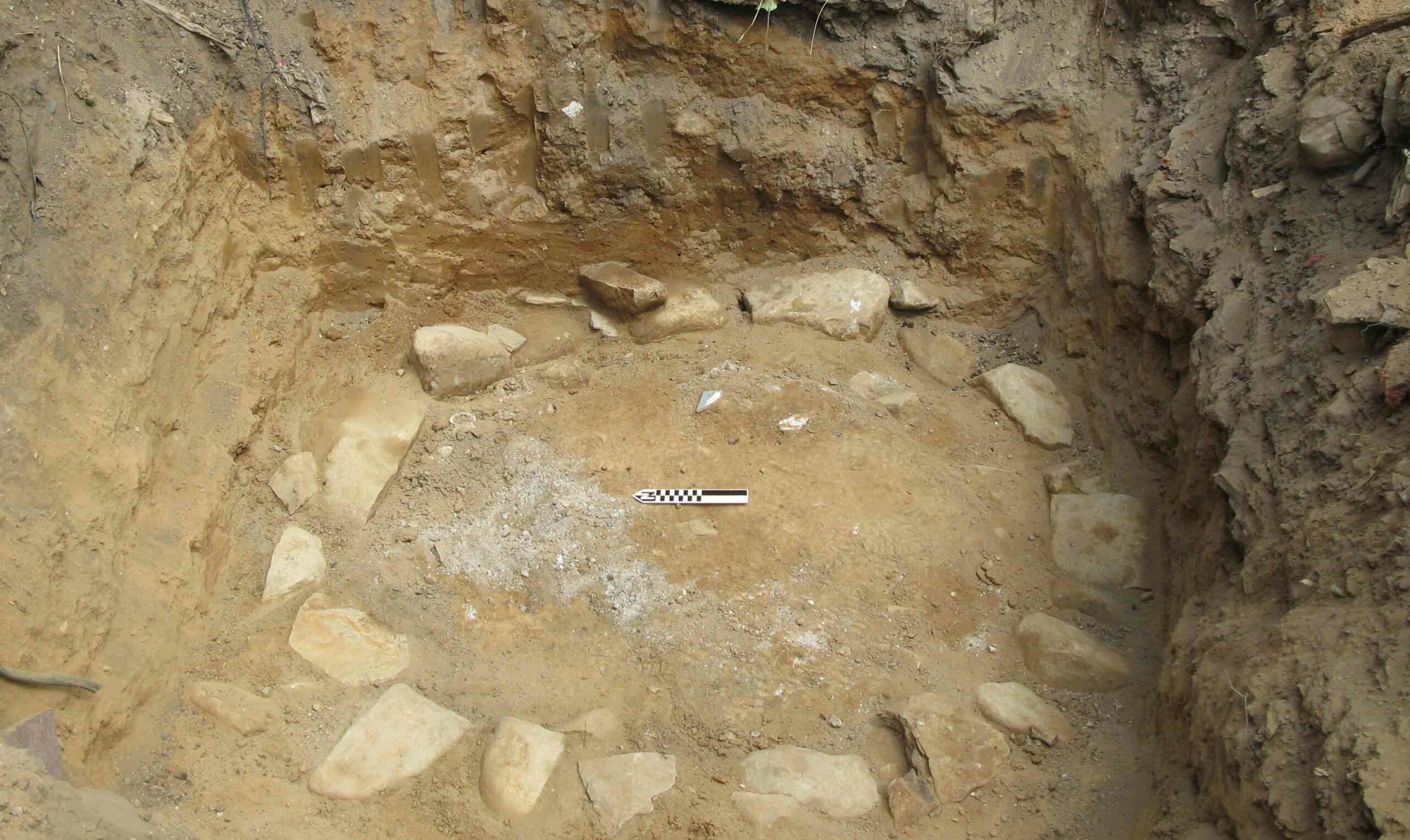
Off the Grid November/December 2025
Bighorn Medicine Wheel, Wyoming
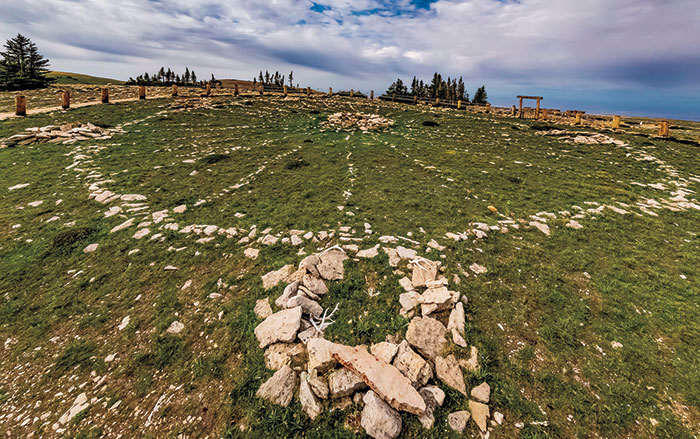
Letter from Mongolia November/December 2025
Building the Black City
Why the nomads of the Uighur Empire constructed a medieval urban center like no other
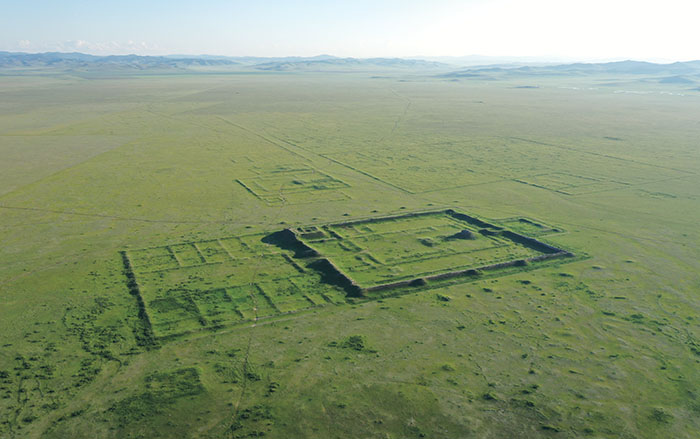
Digs & Discoveries November/December 2025
In His Majesty's Secret Service
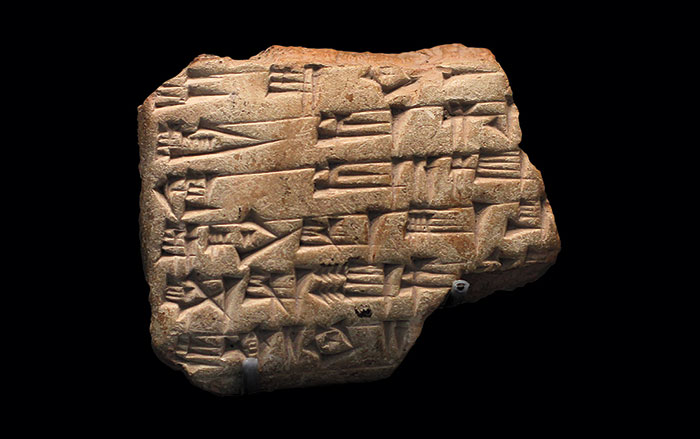
-
Features January/February 2013
Neolithic Europe's Remote Heart
One thousand years of spirituality, innovation, and social development emerge from a ceremonial center on the Scottish archipelago of Orkney
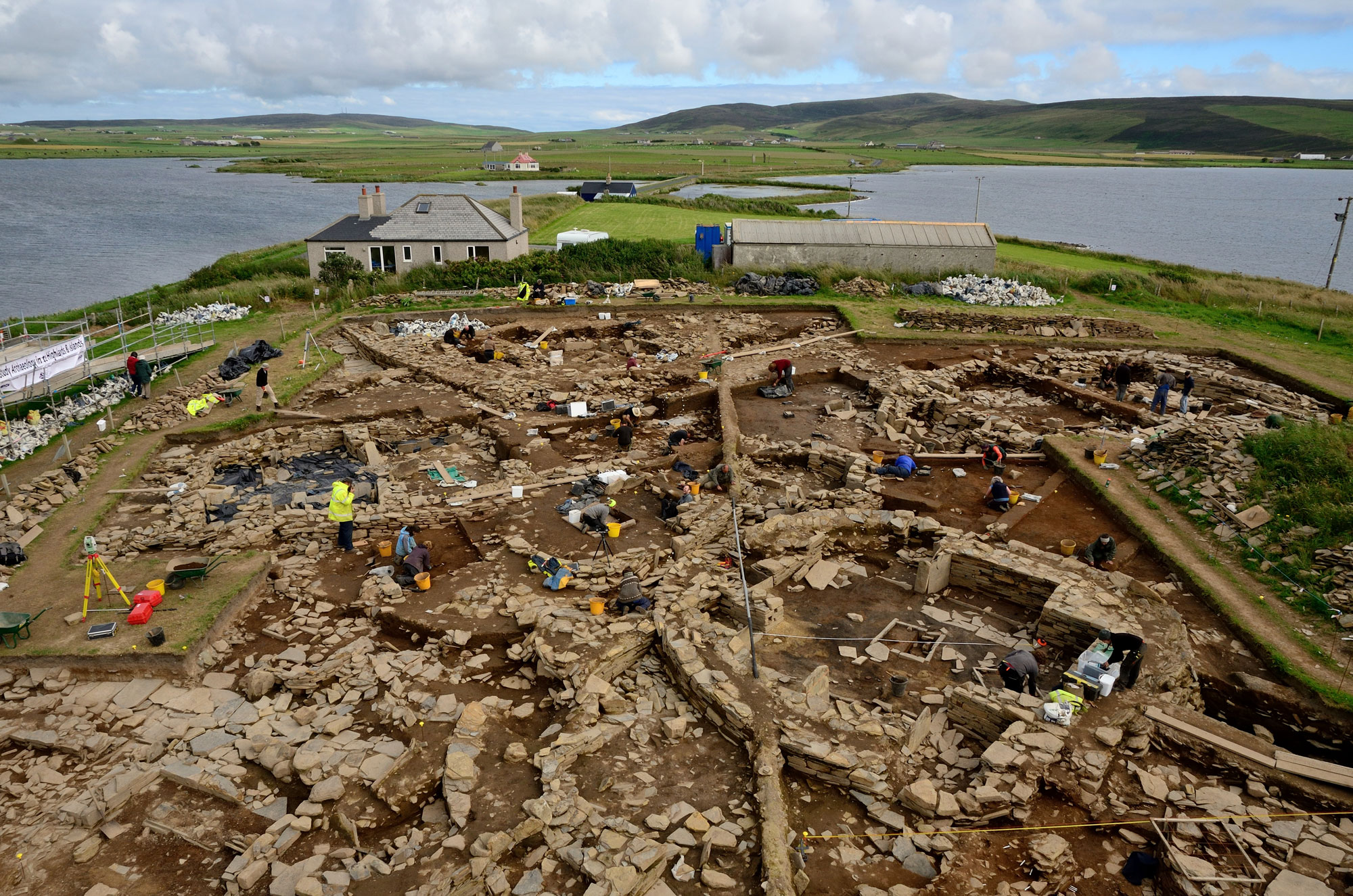 Adam Stanford/Aerial Cam
Adam Stanford/Aerial Cam -
Features January/February 2013
The Water Temple of Inca-Caranqui
Hydraulic engineering was the key to winning the hearts and minds of a conquered people
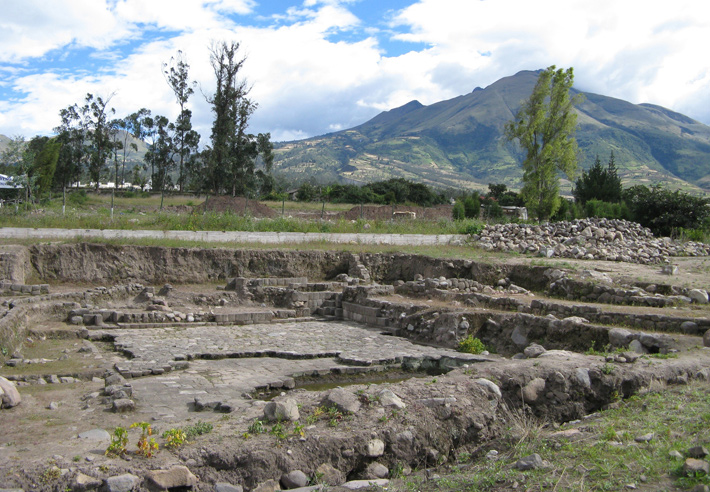 (Courtesy Tamara L. Bray)
(Courtesy Tamara L. Bray) -
Letter from France January/February 2013
Structural Integrity
Nearly 20 years of investigation at two rock shelters in southwestern France reveal the well-organized domestic spaces of Europe's earliest modern humans

-
Artifacts January/February 2013
Pacific Islands Trident
A mid-nineteenth-century trident illustrates a changing marine ecosystem in the South Pacific
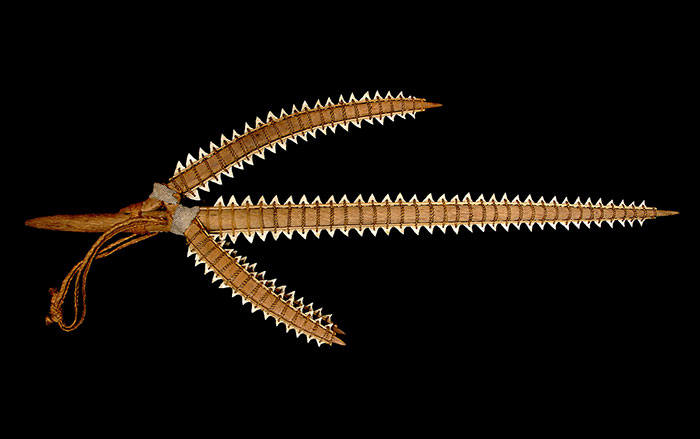 (Catalog Number 99071 © The Field Museum, [CL000_99071_Overall], Photographer Christopher J. Philipp)
(Catalog Number 99071 © The Field Museum, [CL000_99071_Overall], Photographer Christopher J. Philipp)

